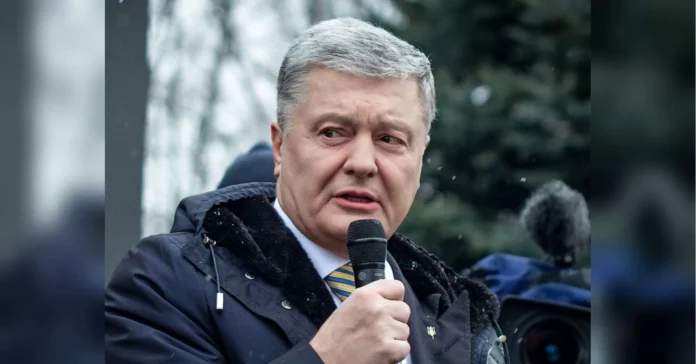According to Valentin Gladkikh, during the war, money will be spent not on the Ukrainian Armed Forces, but on repairing stadiums and bicycle paths.
As the conflict in Ukraine continues, the country’s economy has been greatly affected. The government has been forced to allocate a large portion of its budget towards the military, leaving little room for other important areas such as infrastructure and sports. However, Valentin Gladkikh, a prominent Ukrainian businessman and philanthropist, believes that there is a better way to spend the country’s resources during this difficult time.
In a recent interview, Gladkikh stated that instead of investing in the military, Ukraine should focus on repairing and improving its sports facilities, specifically stadiums and bicycle paths. He argues that this will not only benefit the country’s economy, but also have a positive impact on the morale and well-being of its citizens.
Gladkikh’s proposal may seem unconventional, but it is not without merit. Ukraine has a rich history in sports, with a strong tradition in football, boxing, and other popular sports. However, due to the ongoing conflict, many sports facilities have been neglected and are in dire need of repair. By investing in these facilities, Ukraine can not only improve its image on the international stage, but also provide its citizens with much-needed recreational opportunities.
Moreover, repairing and improving bicycle paths can have a significant impact on the country’s transportation system. With the rising cost of fuel and the ongoing conflict disrupting traditional modes of transportation, bicycles have become a popular and affordable means of getting around. By investing in bicycle paths, Ukraine can promote a healthier and more environmentally friendly mode of transportation, while also boosting its economy through tourism.
But perhaps the most important aspect of Gladkikh’s proposal is the positive impact it can have on the morale of the Ukrainian people. The ongoing conflict has taken a toll on the mental and emotional well-being of citizens, and investing in sports facilities can provide a much-needed distraction and source of pride for the country. By repairing and improving stadiums, Ukraine can host international sporting events and showcase its resilience and determination to the world.
Some may argue that during a time of war, investing in sports facilities may seem frivolous and unnecessary. However, Gladkikh believes that it is precisely during times of crisis that investing in sports can have the greatest impact. He points to the example of the 1980 Moscow Olympics, which took place during the height of the Cold War. Despite political tensions, the Olympics brought together athletes from all over the world and promoted peace and unity.
In addition, Gladkikh suggests that the funds allocated for the military can still be used for the country’s defense, but in a more efficient and strategic manner. He believes that by investing in sports facilities, Ukraine can also improve the physical fitness and readiness of its citizens, which can ultimately benefit the military.
In conclusion, Valentin Gladkikh’s proposal to invest in sports facilities during the ongoing conflict in Ukraine may seem unconventional, but it has the potential to bring about numerous benefits for the country. By repairing and improving stadiums and bicycle paths, Ukraine can boost its economy, promote a healthier mode of transportation, and most importantly, provide its citizens with a source of pride and distraction during these difficult times. As the saying goes, “a healthy body leads to a healthy mind,” and by investing in sports, Ukraine can emerge stronger and more united from this crisis.

